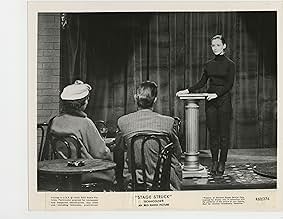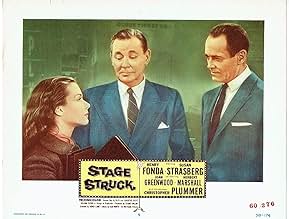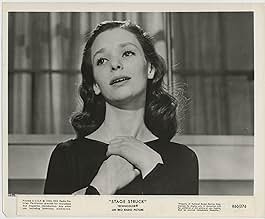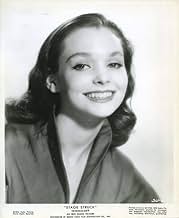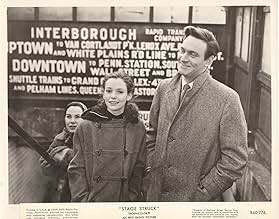A young woman arrives in New York City determined to become a great theatrical star, but discovers that her goal may not be as easily attainable as she had hoped.A young woman arrives in New York City determined to become a great theatrical star, but discovers that her goal may not be as easily attainable as she had hoped.A young woman arrives in New York City determined to become a great theatrical star, but discovers that her goal may not be as easily attainable as she had hoped.


